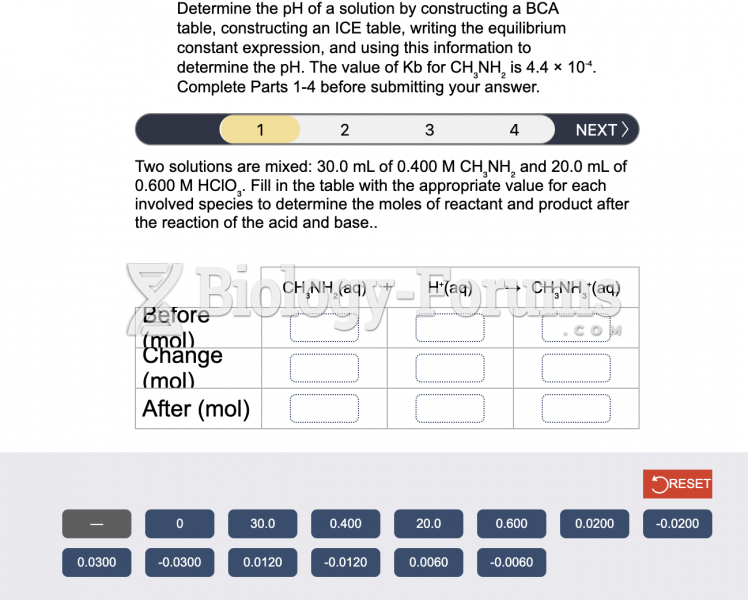Answer to Question 1
1) Perfectionists: people who fear that they can't complete tasks up to their expectations. They focus on details rather than overall objectives, and they fear making mistakes.
2) Dreamers: people who have big goals but fail to translate their ideas into a plan for action. They contrast with perfectionists because dreamers don't get to the details.
3) Worriers: people who focus on the worst-case scenario and see the problems rather than the solutions. They tend to avoid change and risk-taking.
4) Crisis makers: people who wait until the pressure mounts to take action. By waiting until the last minute to complete a task, they create excitement from a temporary rush of adrenalin and put their projects at risk.
5) Defiers: people who resist new tasks and often don't follow through on what they promise to do. They avoid teamwork and are reluctant to make agreements.
6) Overdoers: people who make the job harder than it needs to be and create extra work. They fail to et priorities and refuse to delegate.
Answer to Question 2
Tension or migraine headaches.
Painful menstruation.
Allergic reactions.
Back pain, especially low back pain.
High blood pressure.
Skin inflammations (such as hives or acne).
Rheumatoid arthritis (painful inflammation of the joints).
Nausea and vomiting.
Sleep problems.
Upset stomach or indigestion.
Shortness of breath.
Ulcers.
Regional enteritis (inflammation of the intestine, especially the small intestine).
Ulcerative colitis (inflammation and open sores of the colon, or large intestine).
Asthma.
Cardiac problems, such as tachycardia (rapid heartbeat), arrhythmia (irregularity in the rhythm of the heart), angina pectoris (recurrent pain in the chest and the left arm, caused by sudden decrease in the blood supply to the heart), and cardiospasm (sudden contractions of the heart muscle).
Frequent urination or diarrhea.
Overeating.
Skin rashes.







